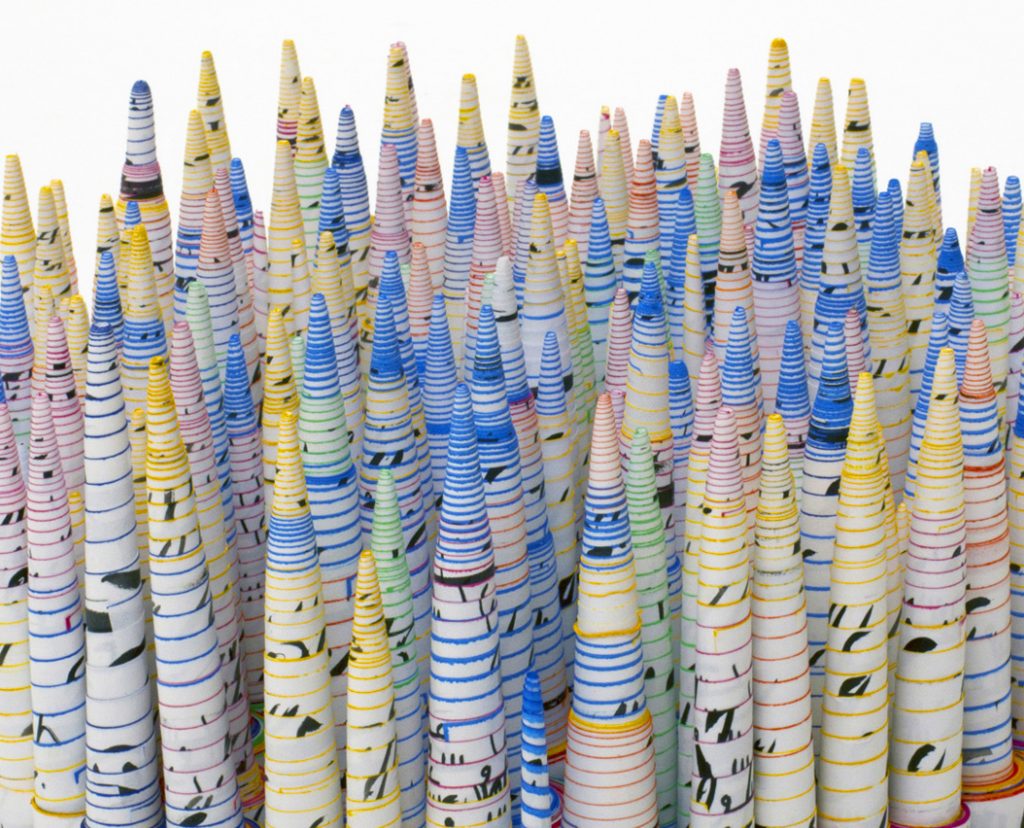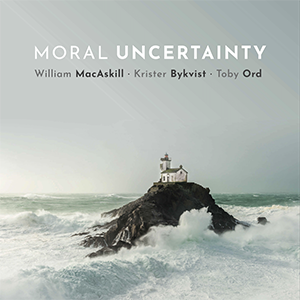Have Philosophy PhD Programs Received More Applications for 2021?
Recently, an undergraduate applying to Ph.D. programs in philosophy wrote with an anxious query about a possible increase in the number of people doing so this year, in comparison to previous years.
He was prompted to do so by a tweet from Kevin Zollman, professor of philosophy at Carnegie Mellon University (CMU), who noted a 40-60% increase in applications (“depending on the benchmark”).
Has there been an increase across the board, or just at CMU and a few other places? And either way, what explains the increase?I asked a few departments about whether they’ve seen an increase. Below is what I learned. Note that the percentages are rough estimates and the comparisons are to last year’s numbers.
- University of British Columbia: 25% increase
- Florida State: 15% increase
- Georgia State: 20% increase
- Harvard: 45-50% increase*
- Johns Hopkins: 40-45% increase
- MIT: 50% increase
- North Carolina: 30% increase
- Princeton: 50% increase
- Vanderbilt: no significant change yet (deadline is 1/15/21)
- Texas A&M: 30% increase
- University of Washington: 30% increase
- Washington University in St. Louis: 45% increase
- Yale: 55-60% increase
This isn’t a particularly large sample. Faculty from other departments are welcome to send in their information or mention it in the comments, and I’ll update the above list as I can.
Supposing there is an increase in applications to many philosophy departments, what explains it? Here are some possible contributing factors:
- Some departments are not accepting any applicants this year, or are not offering any funding for incoming graduate students, owing to pandemic-related budgetary concerns, pushing more applicants towards those that are. For example, the University of Pennsylvania Department of Philosophy is not able to offer funding to new graduate students for the coming year (as per a college-wide policy) and as a result, I’m told, saw a 90% decrease in applications; many of those students who scratched Penn from their list of schools to apply to probably substituted another program.
- Economic downturns are correlated with increased applications to graduate school. With the service industry particularly hard hit by the pandemic, its younger work-force may be especially pinched, sending more people towards graduate school—and not just in philosophy.
- Some specific departments may be seeing an increase owing to their elimination of the GRE as a required part of their application process.
- Over the past several years we’ve seen an increase in popular awareness of philosophy, owing to explicitly philosophical television shows, public philosophy programs and events, outreach programs, podcasts, public-facing philosophy writing, etc., which may have led to more people being interested in studying philosophy.
- There has been a slight increase over the past few years in the total number of students earning bachelor’s degrees in philosophy.
- As social media use by philosophers grows, graduate school applicants, who skew younger and so constitute a large plurality of social media users, may be influenced in their decisions about where to apply by the social media activity of philosophers. I don’t think it is far-fetched that a department may see an increase in applicants if someone popular or well-liked on social media is associated with it.
- Advertising may increase awareness of a philosophy program and in turn increase its applications. The University of Georgia Department of Philosophy, for example, started advertising at Daily Nous in 2019 and has seen a roughly 70% increase in applicants compared to two years ago (they’ve advertised elsewhere, too). Of course, it’s hard to determine the extent to which the advertising is responsible for this.
Discussion, including other possible explanations, welcome.
* This is a revision of the estimated increase at Harvard. The original number appears to have been an error.
UPDATE: Another possible explanation.




Hi! Current student applying to PhD programs. One factor that you do not mention is that students seem to be applying to far more programs than usual. I’m applying to 15 programs. Most people that I know are applying to 15-20 programs. I know one student applying to 31 programs. This data is all anecdotal, but I’ve observed this trend while following fora such as TheGradCafe and the Facebook group for Philosophy Grad Applicants, which together account for hundreds of applicants.
What I take from this (assuming that the trend is real) is that IF this trend accounts completely for the increase in total applicants at individual programs, then the overall competitiveness at each program shouldn’t actually increase by that much. I doubt that the antecedent is actually true, but it may not be too far off from reality.
Wow, these numbers are quite nerve-wracking. Though, I agree with Faisal in that we should refrain from making too many assumptions based off of the numerical data alone. It would be great if anyone on a graduate admissions committee this year has some kind of perspective or thoughts that they might be able to offer for the rest of us.
I haven’t looked at the applicant numbers at Texas A&M myself, but a colleague has. We have moved to a new application platform, that may display more applications that are started but never finished than the previous one did, but at the time he reported about a week ago, he said the number of applications that had been started was about 30% above the number of completed applications we have had in recent years. We are still a few days out from the deadline.
As for whether admissions will be more competitive if this is just the same number of applicants each applying to more universities – I think it would mean that at the end of the waitlist process, the same fraction of people will eventually have been admitted, but it would probably mean that marginal applicants are less likely to be admitted anywhere as a fluke while middling applicants above the margin are less likely to be shut out as a fluke. (It also means that the wait list process will have even more odd and sensitive dependence on order of decisions by students.)
GSU doesn’t have PhD program but a final MA. It is a great option for those who didn’t get into PhD programs. GTA funding.
Mike Titelbaum reports that UW-Madison has received between ten and twenty percent more applications than in 2020, but fewer than in 2018 or 2019.
Source: https://philosopherscocoon.typepad.com/blog/2021/01/are-phd-programs-receiving-more-applications.html
Any information about PhD program applications in 2021 outside of USA?
Not a completely viable survey by any means (would need to go through IRB for that) but a quick gloss of N=111 applicants showed the following for that set:
–Those applying to just MAs this year applied to an average of 5.5 schools (6 if we include the non-philosophy ones they also applied to)
–Those applying to just PhDs this year applied to an average of 14.75 schools (15.6 if we include the non-philosophy ones, like law, that they also applied to)
–Those applying to both MAs and PhDs this year applied to 3.6 MAs, 13.1 PhDs (16.7 overall) not taking into account any non-philosophy schools.
–55% said that they decided to apply to at least one school based on there not being a GRE requirement
Survey in question: https://forms.gle/KBnq4zN8ydFhNAMy9